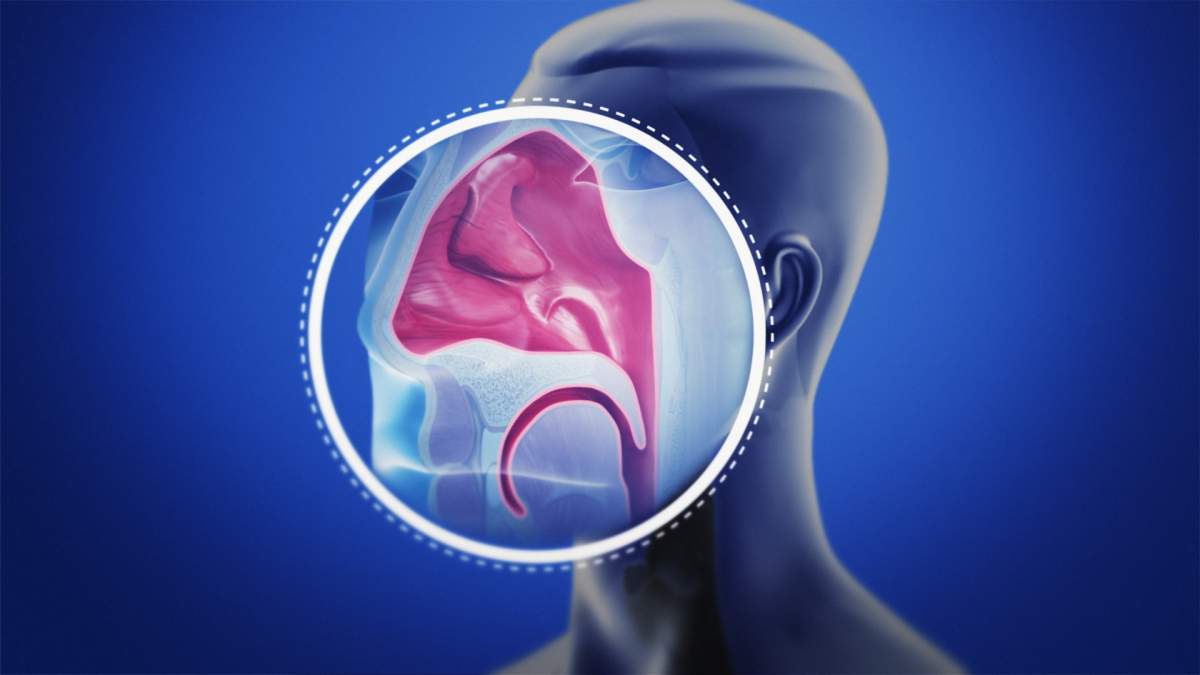It’s not just you. Everyone seems to be coughing right now.

During the winter months, people can develop lingering coughs and a build up of mucus in the nose and nasal cavity area. And according to a Toronto-based respirologist, there is a difference between the type of coughs a person can get.
Which are the most common types?
The two most common types of coughs are dry or wet ones, which are known as productive coughs, said Dr. Samir Gupta, a respirologist and clinician scientist at St. Michael’s Hospital.
“But it could also be more of a chronic process, like a chronic infection, or a chronic disease, particularly chronic bronchitis, which is called chronic obstructive pulmonary disease and that’s a disease caused by smoking,” said Gupta.
However, coughs that are drier are non-productive, meaning it doesn’t produce mucus like wet coughs do, said Gupta. Dry coughs can still be an infection, too.
Why do I have a lingering cough?
If you have a cough that lasts more than six weeks, it’s called a chronic cough. There are three common causes of a lingering cough. One reason is related to asthma.
“People might not be aware of the fact that they have asthma, but often what will happen is that they will get an infection and their asthma would sort of get turned on and become active and they’ll be left with a chronic cough after that infection,” said Gupta.
READ MORE: Here’s why Canada may be in for a miserable 2017-18 flu season
He added that other clues that it’s an asthma-related cough is wheezing and shortness of breath.
The last reason could be an upper airway cough, or a postnasal drip cough, which happens right after a cold.
If the drip happens backward, it builds up in the upper part of the airway, irritating the body and making people cough.
Coloured mucus/phlegm

Get weekly health news
Gupta said that mucus and phlegm are the same thing and the words can be used interchangeably. What people should be aware of is when the mucus you produce isn’t clear.
“When people who do have a productive cough are producing mucus, it’s important to look at the colour and consistency of that mucus. Generally speaking, darker and thicker and coloured mucus is more worrisome because it can be associated with a bacterial infection,” said Gupta. “So when people describe yellow phlegm or green phlegm, we are more concerned.”
Gupta said if a person sees streaks of blood in their mucus, they should seek attention for it quickly because it’s a red flag for doctors.
According to Livestrong.com and National Health Services UK, causes for seeing blood in your mucus include respiratory infections, pneumonia, bronchitis and lung cancer.
Why does my coughing seem to get worse at night?
Gupta agrees that some coughs do tend to get worse at night, including asthma coughs. That type of common cough does vary throughout the day and has potential to worsen during the night because of an infection or postnasal drip.
Another reason why a cough may get worse at night is the position you’re lying in.
“There are a couple of different causes of coughs that get worse in the lying down position, one of those is reflux-related cough, so cough associated with heartburn,” said Gupta.
READ MORE: Nighttime coughing? Here’s what you should and shouldn’t do
According to Gupta, the acid in the stomach has an easier time making its way up to the chest, causing the person to cough.
Lastly, is the postnasal drip cough. Again, since a person is lying down, mucus in the nasal cavity drips back and irritates the vocal chords.
Gupta suggests raising the head of the bed to relieve some of the coughing at night.
Should I take cough syrup or antibiotics?
Cough syrup has substances that suppress coughs, said Gupta. However, the problem with suppressing a cough is that long-term, it doesn’t address the underlying problem that’s causing someone to cough in the first place.
“…If you have an infection, we actually want that phlegm to come out — we want that inflammation, that mucus and those bacteria, to make their way out of the lung so suppressing that can actually be harmful,” said Gupta.
Gupta also added that when someone has a cough, they see their doctor in hopes of getting antibiotics to treat it.











Comments
Want to discuss? Please read our Commenting Policy first.